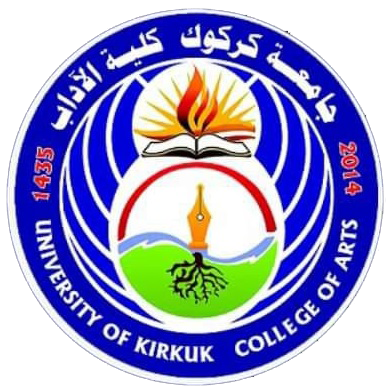Dean of the College of Arts at the University of Kirkuk, Professor Dr. Omer Najim_Adeen Enja, participated on Wednesday (September 18, 2024) in an international seminar titled "Women with Disabilities and the Right to Motherhood," held under the slogan "Does My Disability Prevent Me from Being a Mother?"
The Dean delivered a speech at the virtual seminar, which saw the participation of professors and specialists from Iraq, Syria, Lebanon, Egypt, Sudan, Libya, and Algeria.
In his speech, the Dean emphasized that academic institutions need to address such topics because it is our duty to solve societal problems, especially in the humanities and social sciences. He explained that when we consider women's issues, we view them as free, rational, and mature human beings with all the rights granted to them by law and religion. Therefore, it is necessary to have a legal and religious understanding to show concern for humanity without discrimination between people with disabilities and those without.
He stressed the importance of ensuring that women with disabilities enjoy their human rights, emphasizing the need to integrate and empower them in society, enabling them to be productive and serve themselves and the environment they live in.
He pointed out that among these rights is the right of women to marriage, childbirth, and family life, to guarantee a better future for them in an ideal society, free from societal prejudices in certain environments. This is essential for overcoming certain customs and traditions that do not support equality in society.
The Dean expressed the belief that it is possible to establish families based on rights and relationships, preventing the stereotypical view of people with disabilities from hindering their ambitions. He highlighted the existence of the Iraqi Personal Status Law No. 188 of 1959, which is a significant law related to marriage as a contract between a man and a woman aimed at forming a shared life and having children.
He noted that the Iraqi legislator set two essential conditions for marriage: financial sufficiency and legitimate interest. Whenever a legitimate interest is found for women with disabilities, they have the right to marry, just as this right applies to others without disabilities.
 College of Arts - University of Kirkuk
College of Arts - University of Kirkuk 


